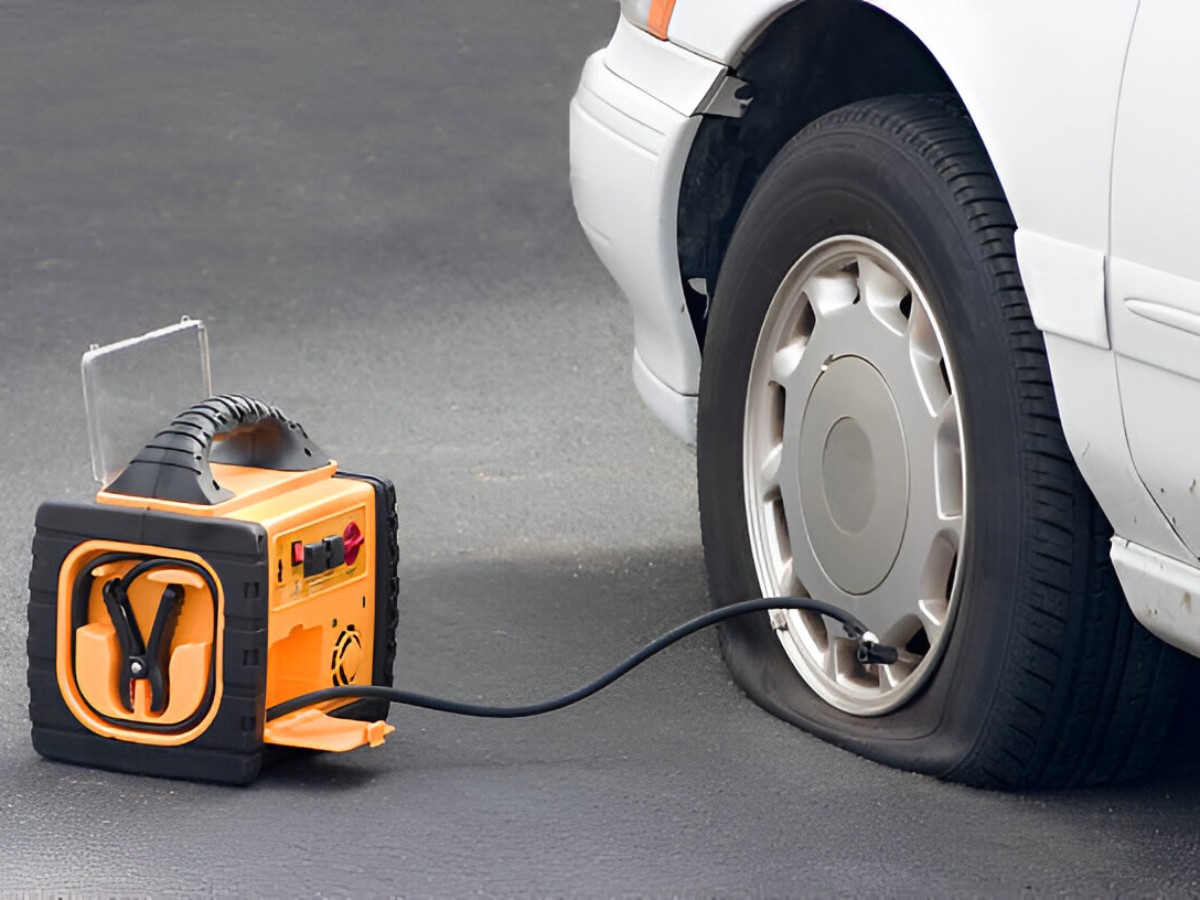How to Choose the Right Car Air Compressor for Your Needs
If you own a car, having a car air compressor is almost essential. It can save you from getting stranded on the side of the road with a flat tire or having to make a last-minute trip to the mechanic for a simple tire inflation. However, there are many different types of car air compressors available in the market, so choosing the right one can be overwhelming. Here's how you can choose the right car air compressor for your needs.
1. Consider the Type of Car Air Compressor
There are two main types of car air compressors: a portable air compressor and a stationary air compressor. Portable air compressors are smaller and more lightweight, making them easy to carry around. Stationary air compressors are larger and heavier, and they usually offer more power and durability than portable ones. However, they're not as flexible as portable air compressors. Consider where you'll be using the air compressor and how much power you'll need before deciding the type of compressor to get.
2. Check the Power Source
Car air compressors can either run on electricity or a car battery. Electric air compressors are easy to use and don't require any additional power source. Car battery air compressors can be more convenient since you won't need to find an outlet to plug in your air compressor. However, you need to make sure your car battery has enough power to run the compressor.
3. Look for the Psi Ratings
Psi ratings refer to the amount of air pressure a compressor can generate. The higher the Psi rating, the faster the compressor can inflate your tires. Always check the minimum and maximum Psi requirements of your vehicle before getting an air compressor. Most cars require a Psi rating between 30-35, but heavier vehicles may need a higher rating.
4. Consider the CFM Ratings
CFM ratings refer to the amount of air that the compressor can produce per minute. A higher CFM rating means that the compressor can inflate your tires faster. However, higher CFM ratings also mean that the compressor will consume more energy and may be louder than lower-rated compressors. Consider how often you'll be using the compressor to decide the right CFM rating for your needs.
5. Check the Noise Level
Car air compressors can produce a lot of noise, so it's essential to check the noise level before getting one. Look for compressors that have noise-reducing features to avoid disturbing your neighbors or yourself when inflating your tires.
6. Look for Additional Features
Some car air compressors come with additional features such as built-in pressure gauges, LED lights, and automatic shut-off. These features can make your air compressor more convenient to use and help you get more accurate readings of your tire pressure.
7. Consider the Price
Car air compressors can range from cheap to expensive. Consider your budget and choose a compressor that can meet your needs without breaking the bank. Always be cautious of extremely cheap compressors since they may not be of good quality and can malfunction easily.
8. Read Customer Reviews
Customer reviews are a great way to learn from other people's experiences and avoid buying a low-quality compressor. Look for compressors that have many positive reviews and minimal complaints about durability, noise, and convenience.
9. Choose a Brand with Good Customer Service
Choose a brand that has good customer service in case you need help with your compressor or have any questions. Look for brands that have good warranty policies and available customer support options.
10. Consider the Size and Weight
If you're getting a portable air compressor, consider the size and weight of the compressor. Make sure it's easy to carry around and store in your car without taking up too much space.


